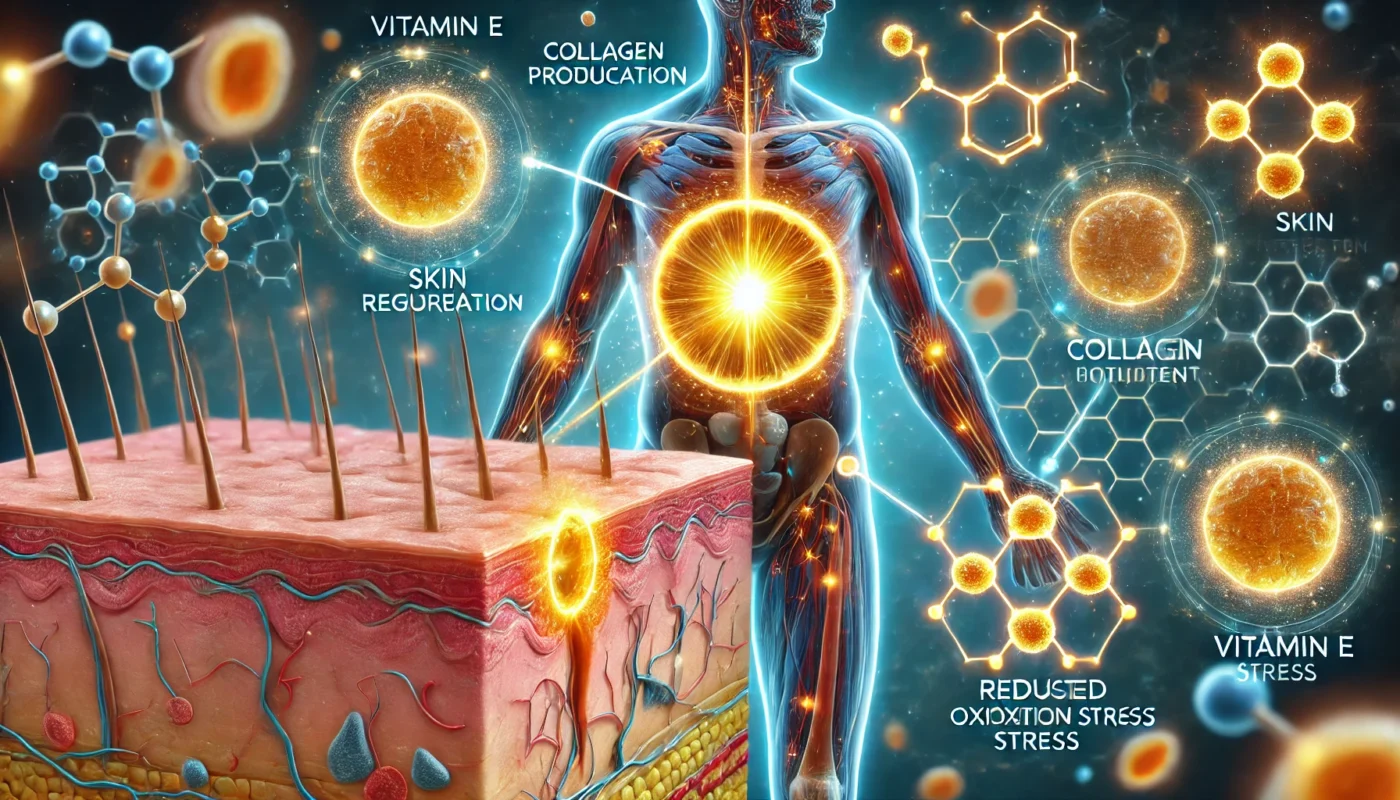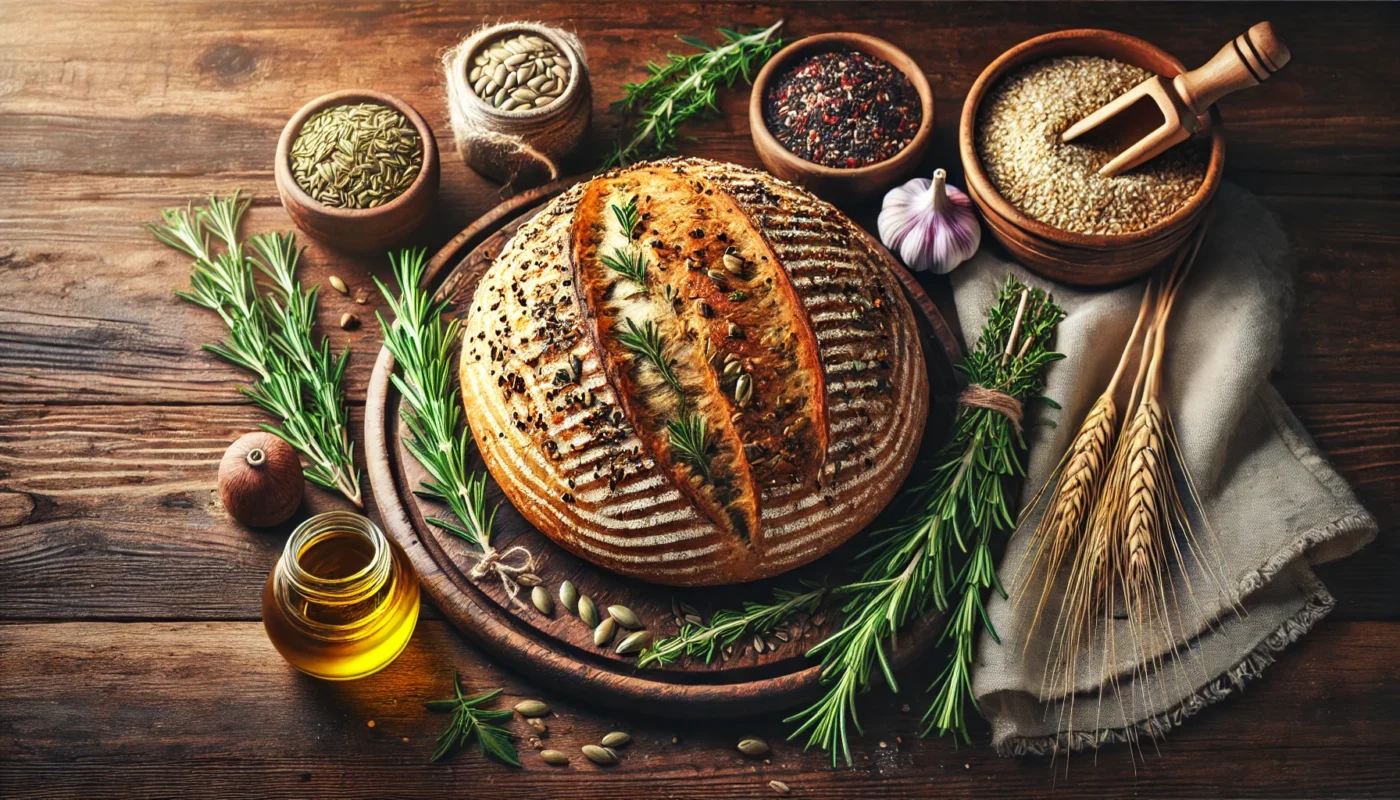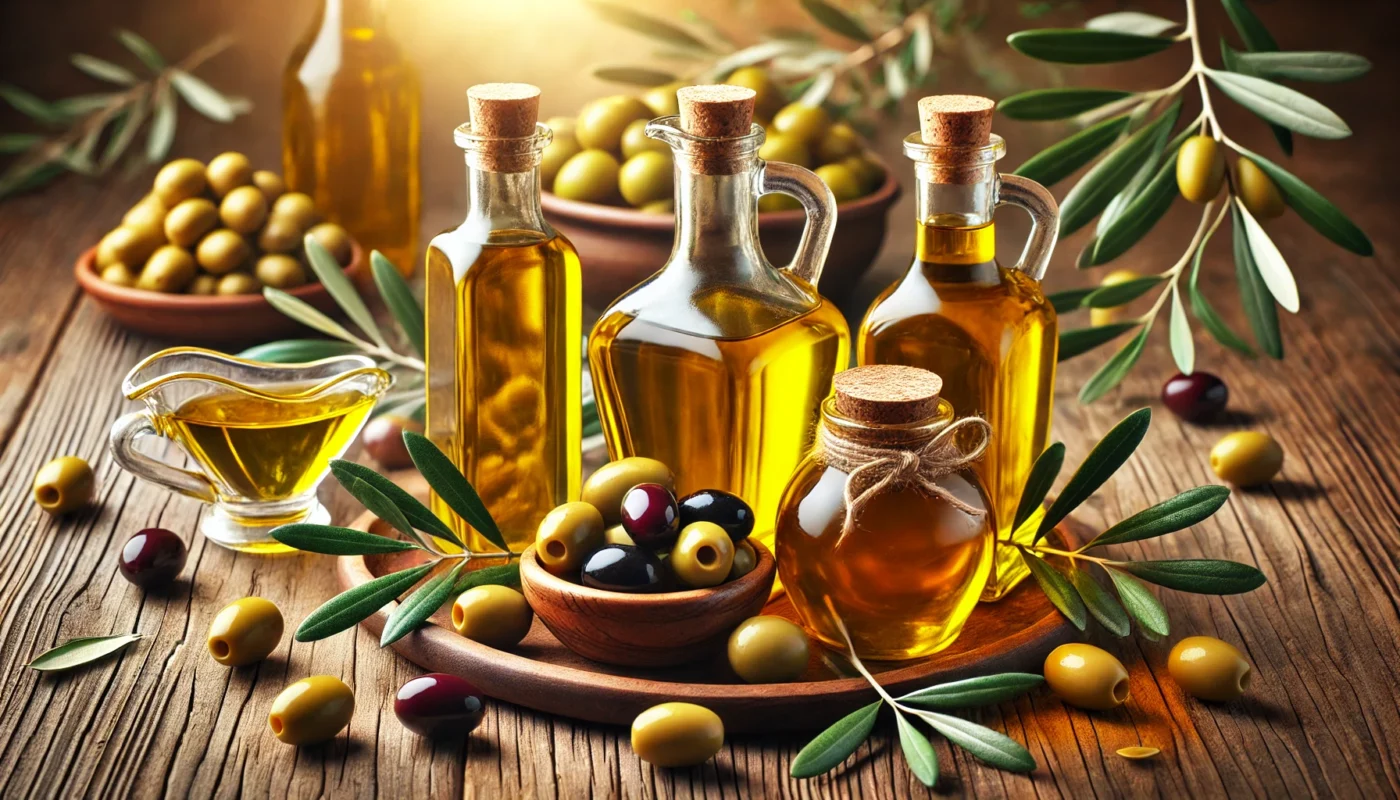In the realm of nutrition and wellness, the debate surrounding whether certain foods are inflammatory or anti-inflammatory often arises. Among these contentious foods are tomatoes and potatoes. Both are staples in many diets, yet they are frequently scrutinized for their potential inflammatory properties. So, do tomatoes and potatoes cause inflammation, or are they unfairly maligned? This article will explore the intricate relationship between these foods and inflammation, providing a comprehensive overview for those seeking clarity.
Tag Archives: nutritional benefits
Vitamin E is a fat-soluble antioxidant that plays a crucial role in protecting your body’s cells from oxidative stress. This nutrient is particularly vital in skin health as it aids in fighting off free radicals that can delay the healing process. According to scientific studies, Vitamin E not only protects against environmental damage but also promotes collagen production, which is fundamental for skin repair and regeneration.
In the realm of heart health, triglycerides often steal the spotlight alongside cholesterol. While cholesterol is infamous for its role in heart disease, elevated triglycerides can also be a significant risk factor. Fortunately, nature provides us with a bountiful remedy—walnuts. This article delves into the properties of walnuts and their potential as a natural solution for managing triglyceride levels.
Skin allergies can be a persistent nuisance. They can disrupt your daily routine and impact your quality of life.
Understanding the root cause of these allergies is the first step towards managing them effectively. Often, they are a result of an overactive immune system reacting to harmless substances.
But did you know that certain vitamins can help prevent skin allergies?
Vitamins play a crucial role in maintaining our skin health and strengthening our immune system. They can help reduce inflammation, improve skin barrier function, and even act as natural antihistamines.
In this article, we will delve into the science behind these essential vitamins. We will explore how they can help prevent skin allergies and how you can incorporate them into your daily routine.
Whether you’re a fitness enthusiast, a health enthusiast, or a medical patient, this comprehensive guide will provide you with practical and actionable strategies to improve your skin health and overall wellbeing.
Arthritis is a common ailment, causing discomfort and pain in the joints. Traditional treatments often involve medications, physical therapy, and in severe cases, surgery.
However, many individuals seek alternative or complementary approaches. One such approach is the consumption of cherries, particularly tart cherries, for their potential anti-inflammatory effects.
Cherries are rich in antioxidants, such as anthocyanins, which give them their deep red color. These antioxidants have been linked to reducing inflammation, a key factor in arthritis.
Research suggests that tart cherry juice can reduce inflammation markers in the body. Some studies even show improvements in pain and stiffness in osteoarthritis patients who consume tart cherry juice.
But how can you incorporate cherries or cherry juice into your diet effectively? What kind of cherry products should you choose for arthritis relief?
This article aims to answer these questions. We will delve into the science behind cherries’ anti-inflammatory properties and provide practical advice on using cherries for arthritis relief.
Whether you’re a fitness enthusiast, a health enthusiast, or a medical patient, this comprehensive guide will help you understand the potential benefits of cherries for managing arthritis and inflammation. Let’s explore the benefits of cherries for arthritis relief together.
Before we discuss shrimp specifically, it’s essential to understand what inflammation is. Inflammation is the body’s natural response to injury or infection. It’s a defense mechanism that helps the body heal. However, chronic inflammation is a different story. It’s linked to various health issues, including heart disease, arthritis, and some cancers. Thus, managing inflammation through diet and lifestyle is a significant focus for many individuals seeking to optimize their health.
In the quest for better health, the food we eat plays a pivotal role. One area of focus is the impact of diet on inflammation.
Inflammation is a natural response of our bodies to injury or illness. However, chronic inflammation can lead to various health issues.
This is where anti-inflammatory foods come into play. They can help manage inflammation and promote overall wellbeing. One such food is anti-inflammatory bread.
But what exactly is anti-inflammatory bread? It’s a type of bread made with ingredients that are known to reduce inflammation.
The topic of inflammation and diet can be complex. It’s filled with scientific research and medical jargon. This article aims to simplify that.
We’ll delve into the health benefits of anti-inflammatory bread. We’ll also explore the relationship between grains and inflammation.
By the end, you’ll have a comprehensive understanding of this topic. You’ll also learn practical ways to incorporate anti-inflammatory bread into your diet.
So, whether you’re a fitness enthusiast, a health enthusiast, or a medical patient, this article is for you. Let’s embark on this journey to better health together.
Nightshade vegetables are a topic of intrigue and confusion for many. They belong to the Solanaceae family, which includes common foods like tomatoes, potatoes, and peppers.
But what makes them so controversial?
Some claim they cause inflammation and exacerbate conditions like arthritis. Others praise their nutritional benefits, highlighting their rich content of vitamins, minerals, and antioxidants.
This article aims to demystify nightshades. We’ll delve into the scientific research behind these foods, addressing common misconceptions and providing practical advice.
Whether you’re a fitness enthusiast, a health enthusiast, or a medical patient, this comprehensive guide will help you understand the role of nightshades in your diet.
We’ll explore questions like: Are onions in the nightshade family? Do tomatoes cause arthritis? Are potatoes inflammatory?
By the end, you’ll have a clear understanding of nightshades and their impact on your health. You’ll be equipped to make informed dietary choices that support your wellbeing.
In the quest for optimal health, dietary choices play a crucial role. One area often overlooked is the type of oils we consume.
Non-inflammatory oils, as the name suggests, are oils that do not trigger inflammation in the body. They are a key component in maintaining a balanced diet and promoting overall health.
In contrast, certain oils can induce inflammation, contributing to various health issues. Understanding the difference between these oils is vital for anyone seeking to improve their wellbeing.
This article aims to shed light on the benefits of non-inflammatory oils. We will delve into the science behind these oils, making it accessible and easy to understand for all readers.
We will explore various types of non-inflammatory oils, such as olive, avocado, and flaxseed oil. We will also discuss oils that can cause inflammation and how to identify them on food labels.
Moreover, we will provide practical tips on how to incorporate these beneficial oils into your daily diet. Whether you’re a fitness enthusiast, a health enthusiast, or a medical patient, this article will offer valuable insights.









